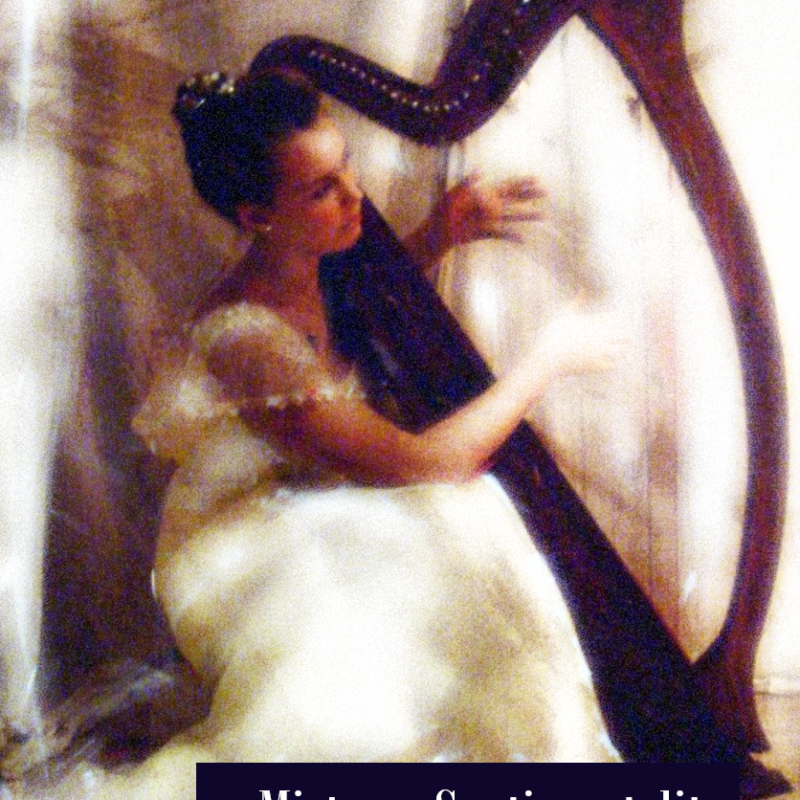 Does a person have Free-Will?
Does a person have Free-Will?
When I live for God is my “good work” something I should be proud of, take credit for, and boast about? Or am I like a computer that can’t do anything good until God triggers my cognitive processing ability and types in a new spiritual coding to get me to carry out proper Christian functions? How much of Free-Will is a part of faith?
This debate rages among Christians especially when it comes to how a person views the Christian life after justification.
Do we make choices or does God move us to make those choices? And if God moves us to make the choice is it free? Are we rational men or deluded puppets thinking we are free?
This is where the Aorist Active Imperative verb tense helps to give us some answers. I think understanding this common grammatical verb structure that is used in many of the Biblical commands for believers will help us understand how a Christian and God cooperate together in the sanctification (“setting apart”) process.
First some definitions:
Aorist Tense: in the Greek language the Aorist tense indicates an undefined action in the past, which means that the verb is describing an event that happened in a single moment in time. It is referentially punctiliar, which means it is related to the context of the narrative pointing to some event in the past impacting the present.
Active Voice: this simply means the action of the verb it is describing is being performed by the subject. Something is being carried out.
Imperative Mood: this is the mood of command, it is used to order someone’s conduct. It is the proper response to what occurred before. It is the “must” in the “do.”
When you put all three together you can say that if a word is in the Aorist Active Imperative (AAM) tense, it means the action that the verb is describing is the result of something that happened in the past and it gives rise to the action that you are commanded to take in the present. The AAM means that the response is fitting for what happened before.
It is a direct response in the present that is related to that something that occurred in the context of the writing. In other words, the action you are commanded to take is a natural result of belief. Let me show you how it works in 1 Peter 1:22 and then 1 Peter 1:23 & 2:2-3.
1 Peter 1:22 – “Having purified your souls by your obedience to the truth for a sincere brotherly love, love (AAM) one another earnestly from a pure heart.” The movement of the verse is clear: The reader who is a Christian has “purified, or been made clean” and this certain reality is made evident by their “obedience to the truth” for the purpose of “brotherly love.” If all of this past work is actually true, the natural result is that you will “love” each other deeply from the heart in the present. If I have really been converted, been purified and made new, and I have shown a willingness to obey, especially the command to “love the brethren” then naturally I “have to start loving deeply” to prove that what happened in the past is really true.
My conversion must result in my action of love. The reality of the past action propels me to live accordingly. It is only fitting for me to love if I have been set apart to love.
So I ask the question again, do I love out of Free-Will, my own autonomous choice, or faith? The answer, confirmed by AAM, is Faith. If I really believe something is true then I will respond to the truth of it. That is faith. How can I take any credit for acting in a way I know to be true?
Free-Will believes I have the right to obey or not to obey based on my choice and my choice alone. This is not born out of faith. In fact, Free-Will says if I choose to love it isn’t because I believe I must, it is because I just wanted to. Free-Will pats itself on the back saying, “Hey, look at me, I didn’t have to love, but I chose to love, so aren’t I a great guy?”
Faith says, “Since I am a new creation I have no choice but to love.” This isn’t something to be proud of, this is the way it is meant to be. And now that I am a new creation I can finally live the way I have been designed.
Look at 1 Peter 1:23-2:2-3, it makes it even more clear: “since you have been born again, not of perishable seed but of imperishable, through the living and abiding word of God. . .Like newborn infants, long (AAM) for the pure spiritual milk, that by it you may grow up into salvation– if indeed you have tasted that the Lord is good.”
What happened in the past? You have been born again, that is a new reality. And this birth originated in the activating substance of the word. As a result, we must “Long for more of it.” If I really believe that I am made brand new by God’s word, this truth should compel me to want more of it. Not only that, it is fitting, or a must, that I want more of it.
The Free-Will person says it is simply a choice – to do or not to do, to read or not to read, that is the question? The Christian says it is a matter of faith. If I believe something to be true then the results must follow. If I sit on a chair out in the middle of a highway and I believe that the Semi-Truck heading my way “will” for sure “kill me” if I don’t move, I will naturally be compelled to move. It is a must, not a choice.
I cannot take credit for moving off the chair as if I did anything meritorious, I did what the past circumstances and my sure belief required. My response was fitting to my belief, not something praise-worthy of a great choice on my part.
AAM means I live by faith. I actually believe what God has done in the past is truly true, it is the way things are. And if I do believe this, “I will do” what naturally I must do to align myself properly with reality. Again, “it is fitting.”
In a way, as an autonomous being I am making an active choice – – but it is faith that compels me to make my choice. I like how Philippians 2:12-13 describes living by faith, “Therefore, my beloved, just as you have always obeyed, not only in my presence but now even more in my absence, continue to work out your salvation with fear and trembling for it is God who works in you, both to will and to work for his good pleasure.”
God is working his salvation in me in three ways:
- He Anoints me: The Holy Spirit is at work in me.
- He Convinces me: Through the Spirit, He teaches me and convinces me what is true and what to believe. I want to do what he wants me to do because I know it is true.
- He Moves me: Through the Spirit, He gives me the ability to do the imperatives.
All three of those actions, started by the Spirit, are then joined with my active response to “work it out.” Listen to 2 Peter 1:2-5, “Grace and peace be multiplied to you through the knowledge of God and of Jesus our Lord. His divine power has given us everything we need for life and godliness through the knowledge of Him who called us by His own glory and excellence. Through these, He has given us His precious and magnificent promises, so that through them you may become partakers of the divine nature, now that you have escaped the corruption in the world caused by evil desires.”
This is not Free-Will, but sure and certain faith. I believe therefore I act. So when it comes to AAM, I must specifically obey because it is the only thing I can do if I really believe.
So let’s go back to the original question: “Does a Christian have Free-Will?” A Christian has only a single choice, to believe or not to believe? When you don’t you are basically saying God is untrustworthy and what he said is true is not. Free-Will is a declaration of unbelief, not something to be proud of or praiseworthy.
If what God says is true, I must behave in a fitting way. The more I believe the more I will “will and to do” according to his good pleasure.”




This explanation was very helpful for me as I interpret 1 Peter 5:8. Bless you!
Thank you very much. What you say has been s great encouragement to me to persevere under lockdown. It is easy to lower one’s standards and give in to lethargy especially in times of disappointment. Your reminder that I owe God a huge debt of gratitude for my salvation is just the motivator I need.
The Lord bless you Brother.